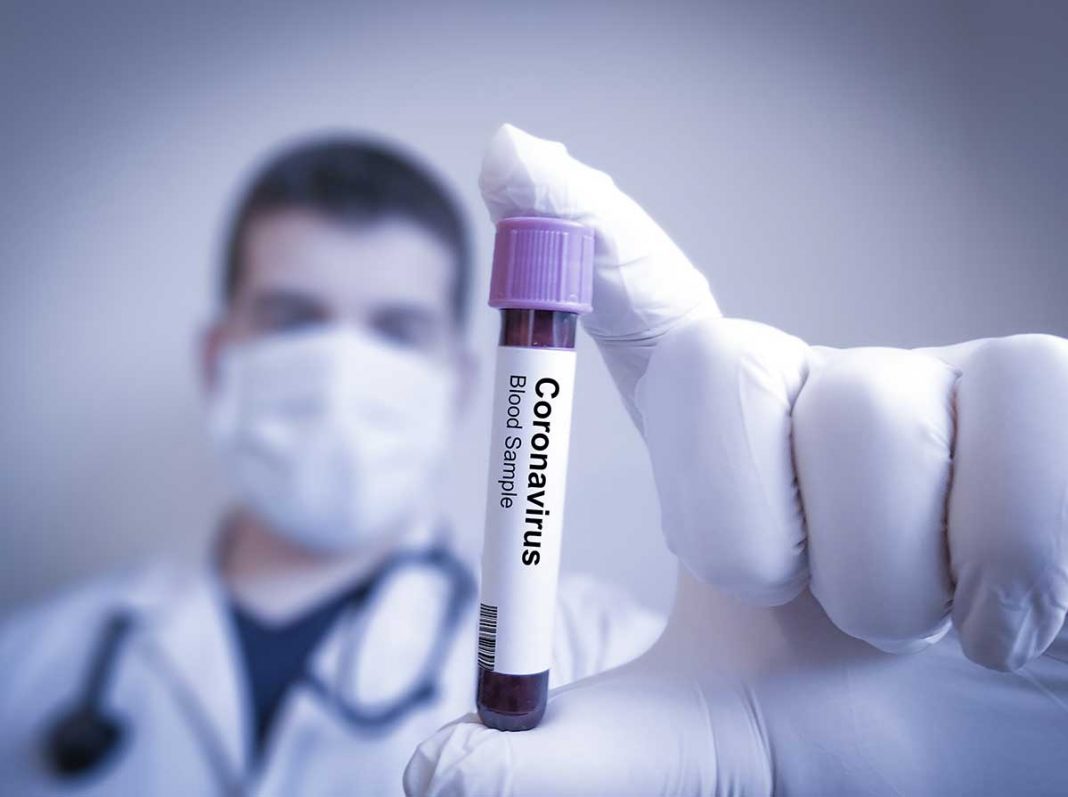KAGAWONG – A Kagawong resident is strongly requesting to be tested for COVID-19 after living with symptoms such as fever, chills, cough, fatigue and a sore throat for nearly a month but having been denied testing because of the Ontario Ministry of Health’s testing policies.
“There needs to be more testing. I’m in this situation where I don’t know if I have it or not and I’m stuck in isolation,” says Charles Beckett. “I’m not even going back to work. I was supposed to go back today but I told them I’m still not feeling well and didn’t want to risk it. Thankfully they’re pretty good about that.”
Mr. Beckett, 35, works at a grocery store and says he is regularly around people who cough in the store. However, since he cannot prove that he has been in contact with any other positive-tested cases, he is unable to get tested himself.
“I have Crohn’s and colitis; any time I get the flu it always lasts for more than 14 days and it’s usually three or four weeks before any symptoms go away because my immune system is shot. I think even people with mild symptoms should be tested, especially snowbirds and people who have been away,” he says, noting that people who recently returned have been coming into the store where he works.
Testing is limited in Canada and around the world because of a finite supply of testing kits and lab capacity. This is why public health directives are to only test people who match specific criteria.
Although that policy helps to ensure there are tests available for those who need them the most, it also means testing centres have to turn away many individuals without being tested and instead share information on public health best practices in order to keep them and their communities as safe as possible.
Manitoulin Health Centre (MHC) president and CEO Lynn Foster has declined to comment on this specific case because making public comments about a particular patient is against hospital policy. However, she says the hospital is following all of the testing recommendations from public health agencies and she is confident in the decisions made by those in the testing centres.
Public Health Sudbury and Districts has likewise declined to comment on any specific cases, but says in a statement that the decision of whether or not to test is based on an assessment of each person—the overall priority is to inform clinical and public health management. It adds that the health care provider has the ultimate decision on whether or not to test a patient.
If anyone is experiencing symptoms, regardless of receiving a positive test result or not, they must self-isolate for at least 14 days and remain in their homes, even for errands, instead using delivery services or volunteer groups to help with these tasks. Those without a fever whose condition is improving after 14 days may return to their usual activities but continue to practice physical distancing.
If someone with symptoms has to visit the emergency department at the hospital due to their condition becoming much worse, they must call ahead before entering the facility so that staff can take appropriate precautions.
Mr. Beckett has been in self-isolation since he first called the MHC self-assessment line and was advised to do so. He is living with his daughter who has not shown any symptoms to date.
“I definitely think we should be doing more testing. How can we know that there’s not any other cases on the Island unless we test?” he says.
The Expositor has contacted the ministry of Health for further clarification on its testing policies, but due to the high demand was unable to receive comment by press time Monday.
Anyone on Manitoulin Island who begins to feel symptoms of COVID-19 (mainly cough, shortness of breath, fever and sometimes a sore throat) should stay at home and call the MHC COVID-19 assessment lines at 705-368-2300 for Little Current or 705-377-5311 for Mindemoya. Once on the phone, press 1, then 4, then 1 again for the assessment centre.




